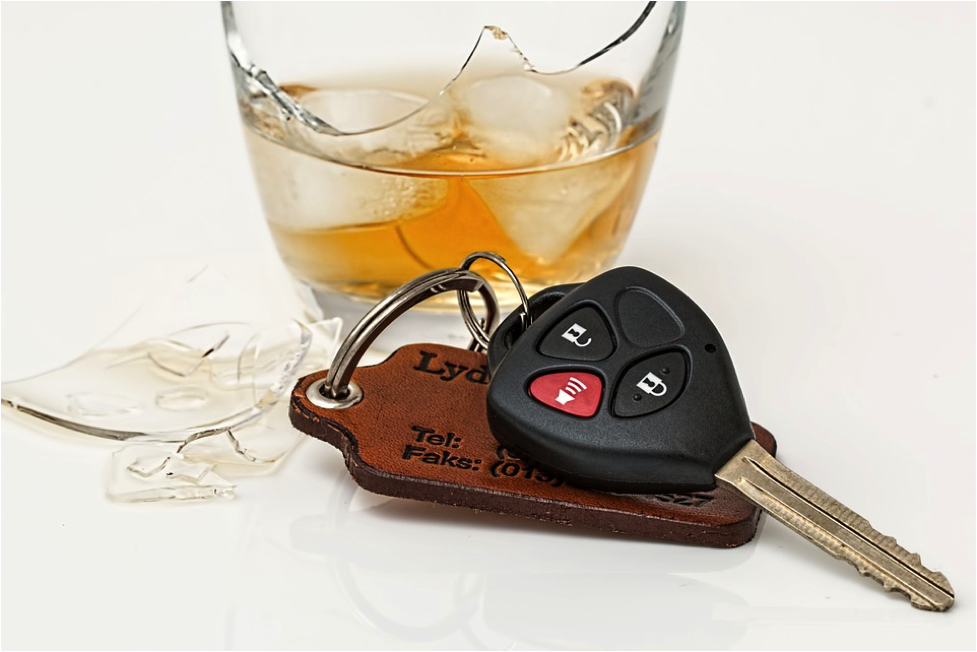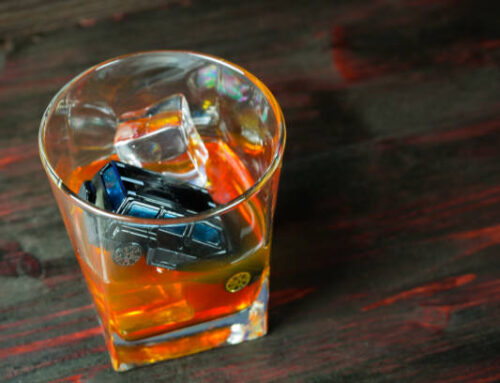In the United States, the legal limit for blood alcohol content (BAC) while driving is 0.08%. If you are pulled over with a BAC of 0.08% or higher, then you will likely be arrested for driving under the influence (DUI) or driving while intoxicated (DWI). What many people don’t know is that you can also be arrested if you BAC is under 0.08%. In some states, if you have any children in the car then you could face a DUI if your BAC is anything above 0.00%. The same applies in some states if you are involved in an accident or the officer feels that you are visibly impaired.
Tracking your BAC
Typically, the rule of thumb for tracking one’s own BAC is that one can stay under 0.08% if they limit their alcohol consumption to one drink per hour. The problem with this system is that it ignores many other factors that contribute to BAC. Several factors that can affect BAC include age, drink strength, body type, gender, medications, and whether one has eaten.
- Age: The intoxicating effects of alcohol become more pronounced the older one gets.
- Drink strength: The one drink per hour rule is made on the assumption that you’re drinking what’s considered to be average drinks (12 oz. beer, 5 oz. wine, or 1.5 oz. distilled spirits).
- Body type: The larger a person is, the more water they have in their body. Since water has a diluting effect on alcohol, larger people generally need more alcohol to keep pace with their smaller counterparts.
- Gender: Women tend to have lower water content in their bodies, making it easier for a female to get intoxicated than a male counterpart of the same height and weight.
- Medications: Many medications can have negative interactions with alcohol. Always check your medication labels for alcohol warnings.
- Food: If you drink on an empty stomach, your BAC will be higher than someone who has eaten before drinking. Food slows the absorption of alcohol by keeping it in the stomach longer (alcohol is absorbed more quickly into the bloodstream through the intestines).
The only way to have an accurate estimation of your BAC is to carry a portable breathalyzer, because it uses the same method of testing that the police use. Estimating based on the number of drinks consumed alone will work for some people, but the many other factors that contribute to BAC make counting drinks unreliable.
Drinking and driving
Even if one is under the legal BAC limit, they can still potentially be arrested for DUI. This makes the safest estimation of the number of drinks one can consume before being legally liable for drinking and driving zero. If you’re going to be drinking at all, it is best to have a designated driver or a place to stay.
If you were in an accident that was caused by an impaired driver, you should contact a personal injury lawyer to discuss your legal options. For more information on what to do if you were the victim of a drunk driving accident, please contact The Pottenger Law Firm at (816) 531-6006 or visit http://www.pottengerlaw.com/ today for a free consultation.



